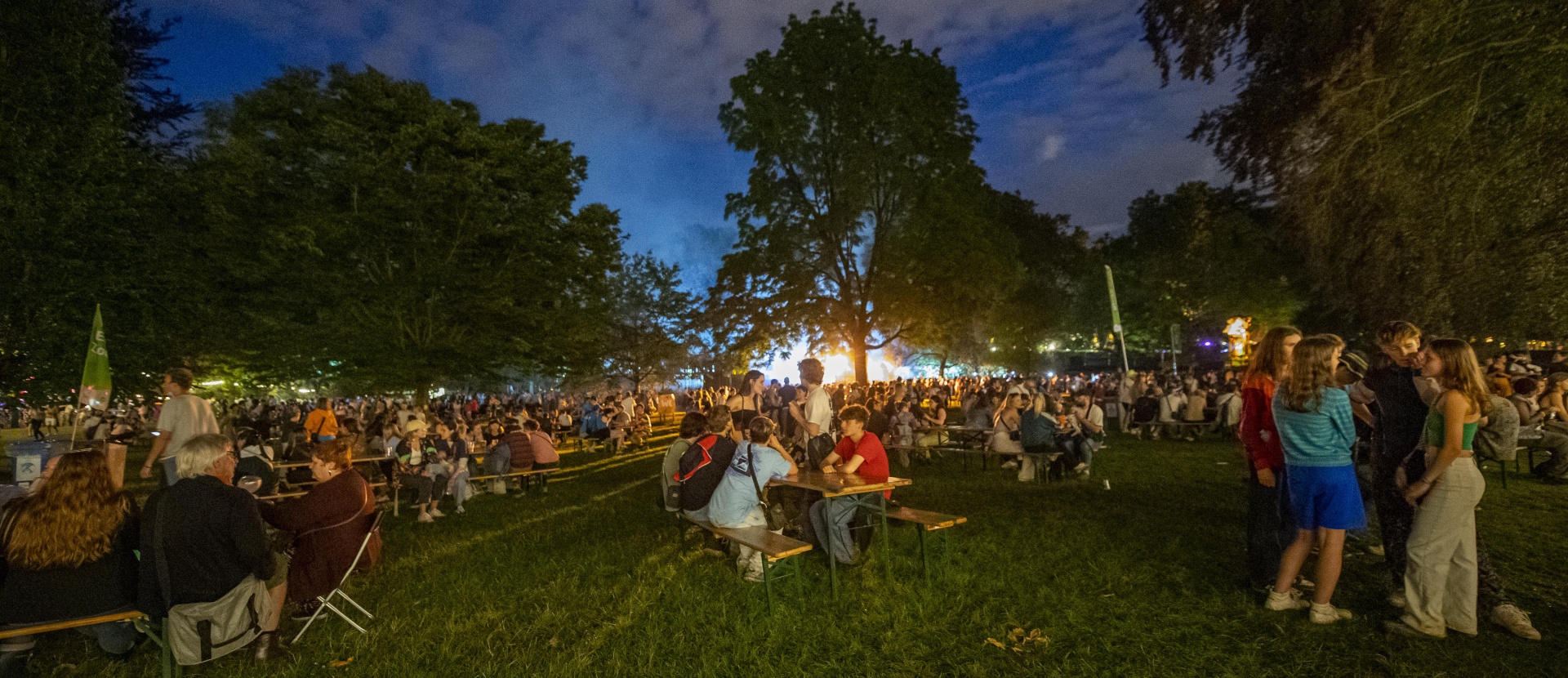
GREEN
Let’s be honest, our primary mission is to create a 3-day long party where everyone feels welcome. We want to make sure that young and old visitors from every social, ethnic, political or religious background retrieve a safe space that allows them to discover live music they wouldn’t see anywhere else. And have a grand old party. The mere fact of organizing a music festival will always have a negative impact on our environment. But we can try to make this impact as low as possible. And arrive at a point where the social and psychological benefits outweigh the - hopefully - minor environmental disadvantages.
With the relocation to the beautiful and protected Osseghem Park, our investment has become even more solid. Every year, at all levels, we look for new ways to reduce our ecological footprint and try to positively influence the public's long-term sustainability behaviour.
Discover all the efforts we made in 2025:
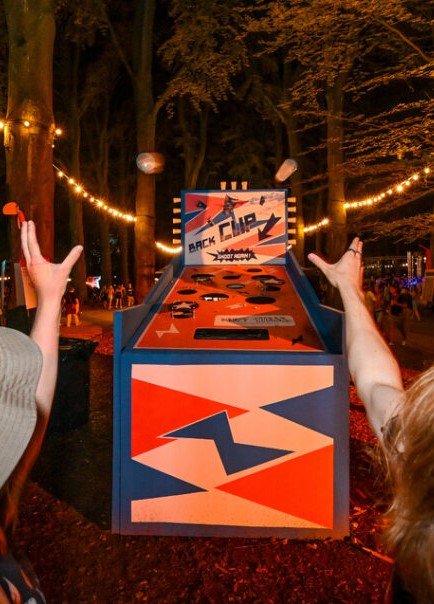
Recycling
- The site included more than 150 eco-volunteers
- 120 sorting islands were provided for festival-goers
- The festival included a container park with 7 sorting containers: PMC, paper and cardboard, residual waste, oils, wood, and glass. 90% of the waste was sorted, and 95% of the remaining 10% was recycled
- 40 people cleaned the park every morning
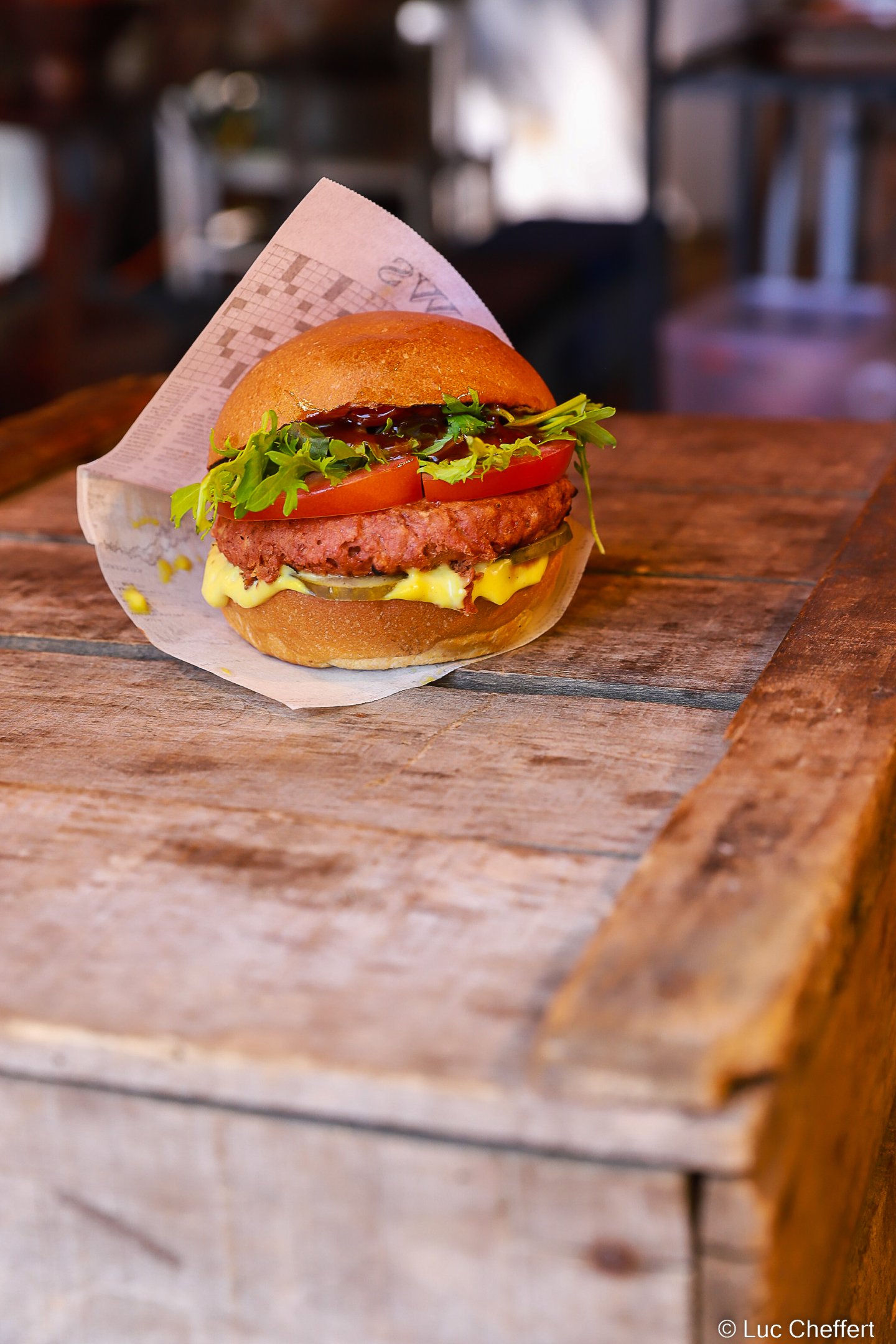
Food & drinks
- The Rue du Bien Manger had 40 sorting islands with 3 different fractions: blue (PMC = cans, plastic bottles), green (biodegradable food, plates, cutlery, and straws), and black (residual waste).
- The food trucks offered and will always offer a wide variety of vegetarian/vegan food.
- We require the use of local/ bio ingredients.
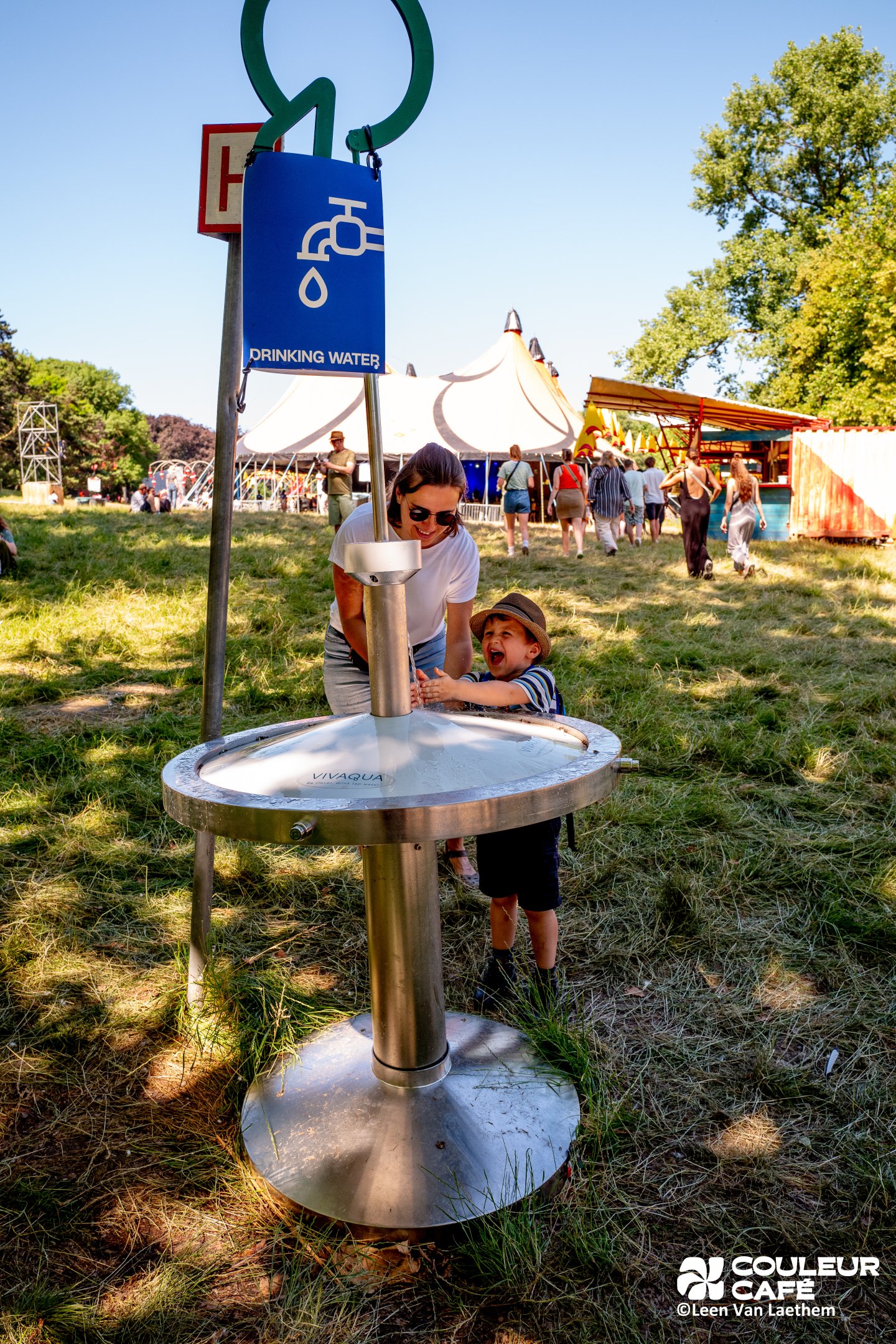
- This year again, we implimented the reusable cup system. FYI, it is crucial not to throw them in the trash.
- We always strongly advise festival-goers to bring their own water bottles and fill them at our drinking water taps, provided with the support of Vivaqua.
- Our straws are biodegradable.
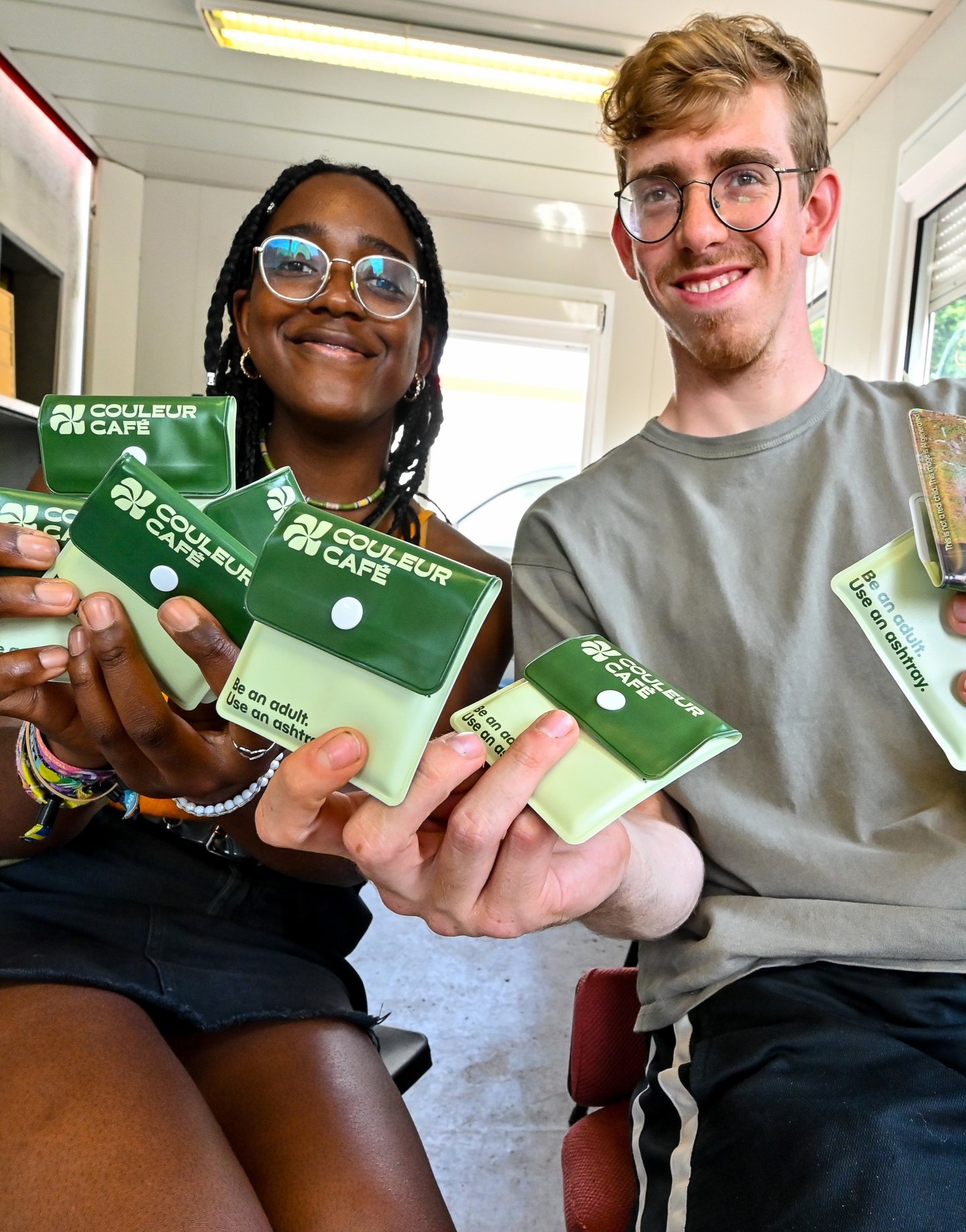
Ashtrays
- 250 homemade ashtrays were placed on the trees of the site.
- 15,000 free portable and reusable ashtrays were available at the information stands and entrances. We ordered them together with three other festivals to reduce the impact of transport.
- FYI, ashtrays are not disposable. Empty your ashtray when it’s full, so you can keep using it!
- Throwing cigarette butts on the ground is strictly PROHIBITED.

The park
- Osseghem Park is protected by 8 guards and their team during build-up, breakdown, and the festival itself to protect the trees, roots, and grass.
- Urinating in the park is strictly prohibited; access to toilets is completely free.
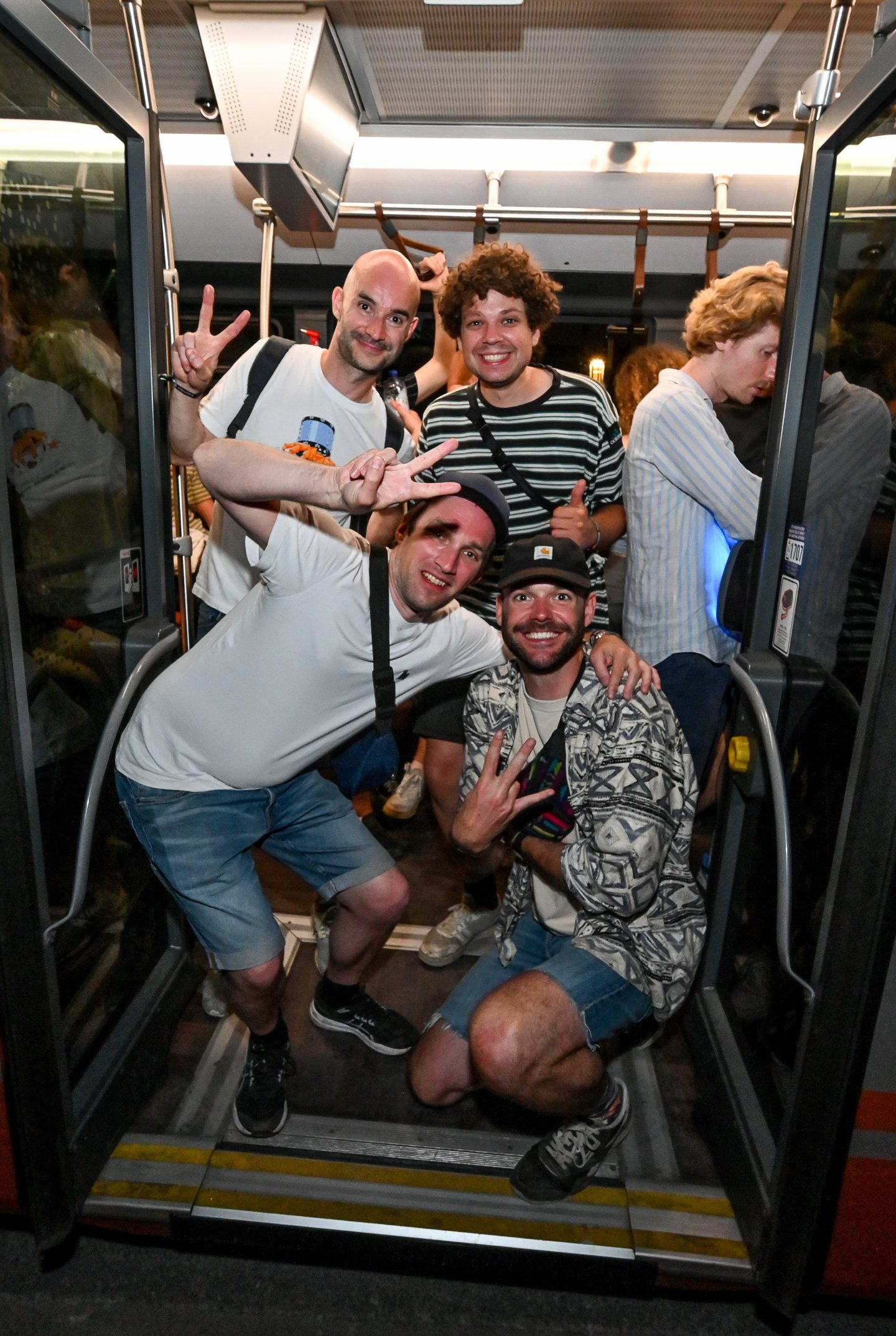
Mobility
- We advise festival-goers to avoid taking the car. It is preferable to use the free public transportation to get to the festival.
- The festival provides a bike parking service with free and secure spaces.

Camping
- Sorting islands are provided for festival-goers.
- Eco-responsible volunteers will also ensure the cleanliness of the campsite.
- All equipment that were left in good condition were be collected and redistributed to those in need.
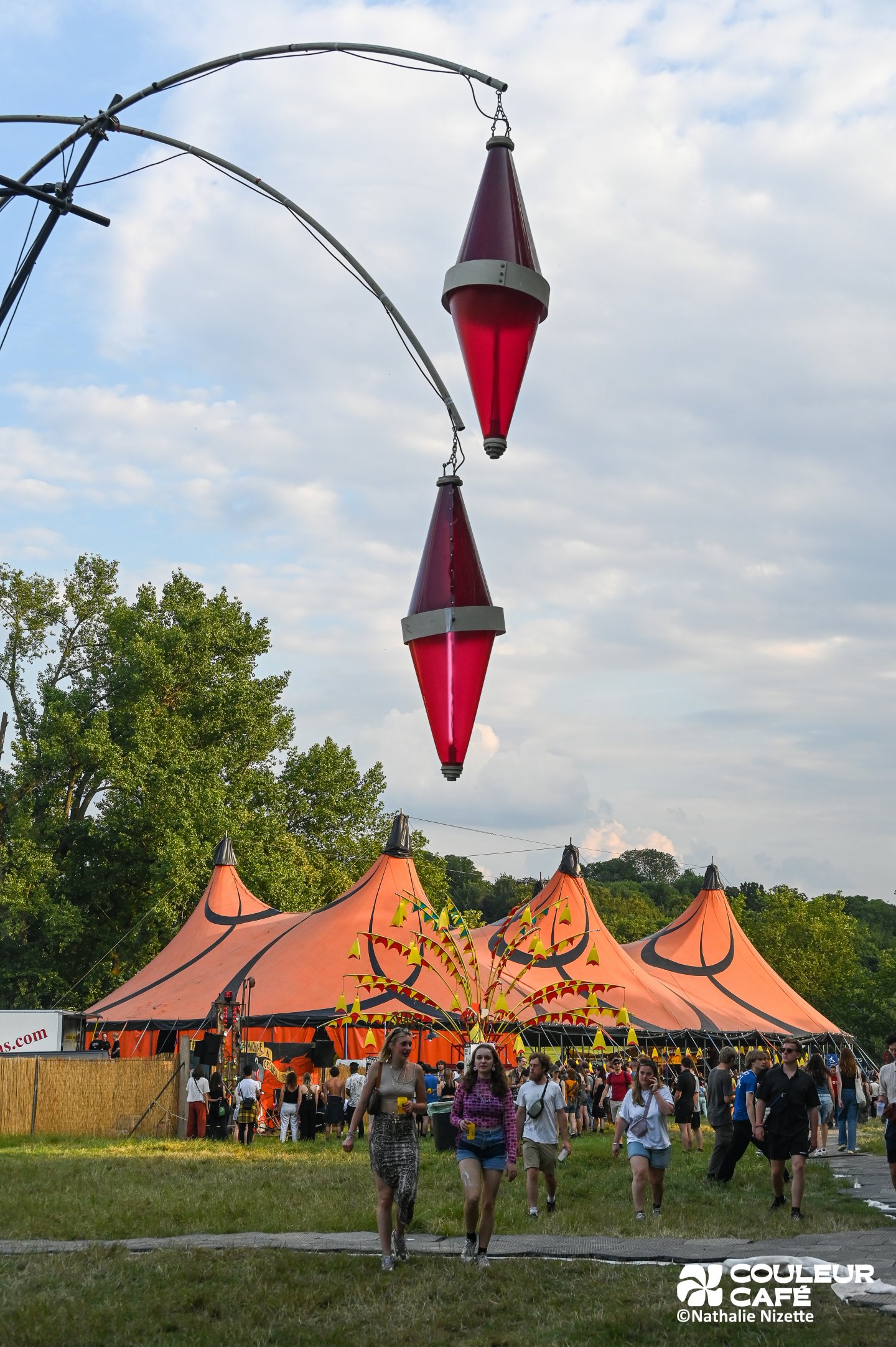
Infrastructure
- The decorations are recycled and reused.
- The American Theatre is used as a backstage area, which reduces the number of trucks and minimizes damage in the park.
- Couleur Café cooperates with the Brossela festival, which will reuse one of our stages.
Carbon Footprint
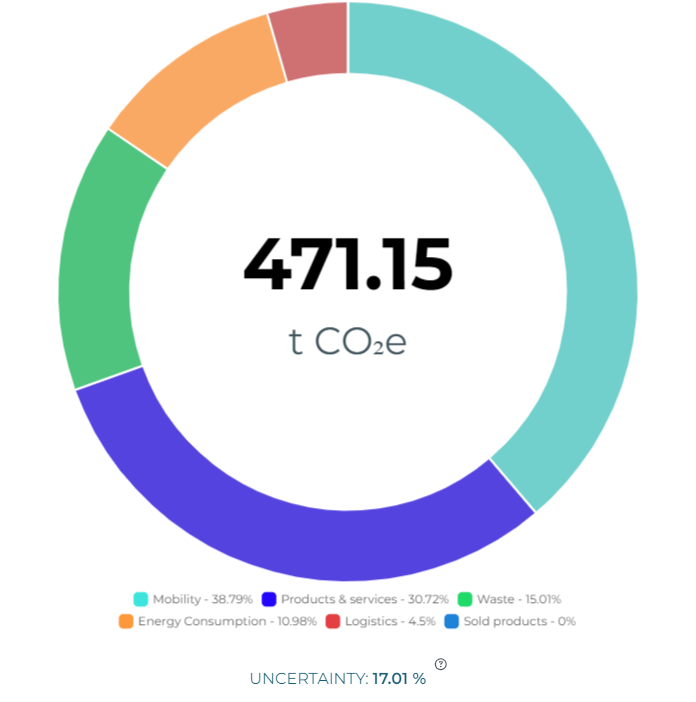
In 2023, we called upon Tapio to calculate the carbon footprint of Couleur Café. We chose to openly share all findings and key insights. Our carbon strategy page is available here. In short:
- Our overall footprint was 471,15 tons of CO2. While this might seem like a lot, this is actually impressively low, compared with other big cultural and sports events.
- The report excludes the daily footprint of our non-profit organisation vzw Zig Zag asbl, since we also organise other events.
- A very recent French report "Rapport Déclic" arrived at an average of 720 tons of CO2 for comparable music festivals.

- Data was incomplete on a part of the restaurants, mobility and certain goods.
- This leads to an uncertainty of 17%, which is more than acceptable for a first calculation.
- Divided by 69.000 visitors, this means every visitor had a carbon footprint of 6.93 kilos per day. Again, good result.
- Of course we don't want to stop here and get this number down every year. By investing more in vegetarian dishes, public transportation, energy and artist mobility, we aim to diminish by another 5% every year.
- Want to learn even more? Download the full report here.
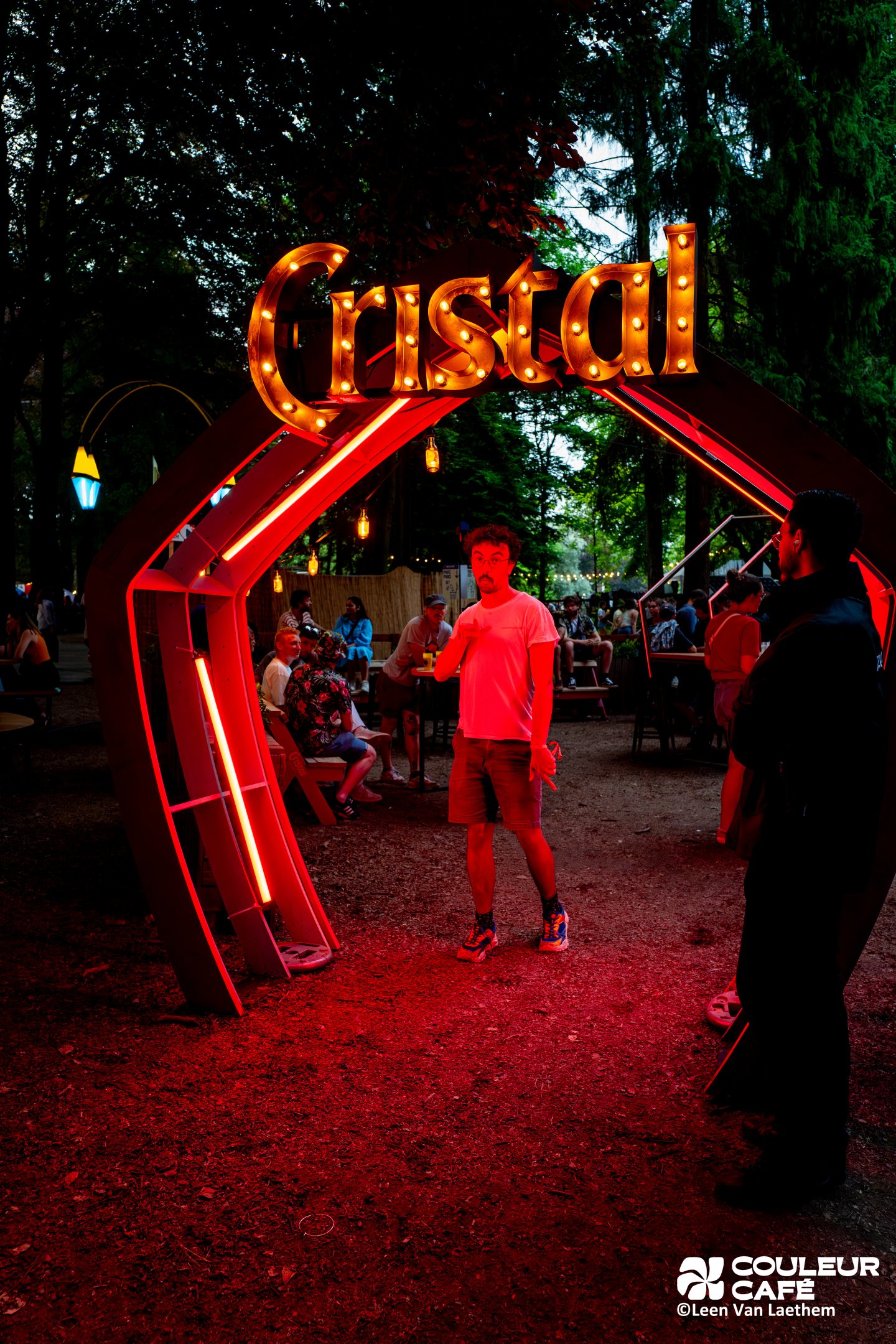
Why Cristal?
- Cristal is a Belgian beer brewed in Alken since 1928.
- Since 2021, Cristal has been the only Belgian pilsner to carry the official "Belgian Hop" logo, thanks to its use of locally grown hops.
- One third of its pilsners are brewed with Belgian barley.
- Cristal brews its beer using 100% green Belgian electricity.
- Their goal is to achieve CO2 neutrality by 2030 and support a sustainable future by investing in the agriculture of tomorrow.